Landmark Antitrust Trial Begins as FTC Challenges Meta’s Instagram and WhatsApp Acquisitions
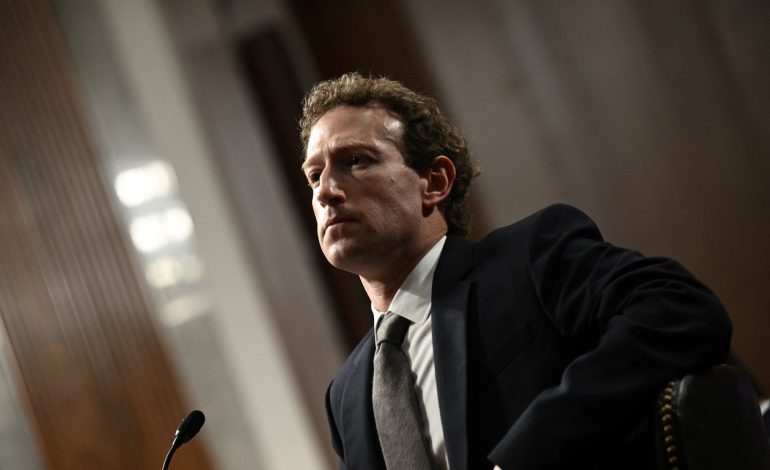
A high-profile antitrust trial between Meta Platforms and the Federal Trade Commission (FTC) began Monday in Washington, marking a pivotal moment in the ongoing debate over the power and influence of major technology companies in the US economy.
At the center of FTC v. Meta Platforms is the agency’s claim that Meta’s acquisitions of Instagram in 2012 and WhatsApp in 2014 were aimed at neutralizing emerging rivals and maintaining its dominance in the social media space. The FTC is seeking to force Meta to divest the two platforms, both of which now boast over 2 billion active users.
The trial is expected to last seven to eight weeks and will be presided over by US District Judge James Boasberg, who has previously expressed skepticism about some elements of the FTC’s case. Testimony from key figures, including Meta CEO Mark Zuckerberg, former COO Sheryl Sandberg, and Instagram chief Adam Mosseri, is anticipated during the proceedings.
The FTC contends that Meta pursued a “buy or bury” strategy, acquiring potential competitors instead of facing them in the market. Regulators argue that these deals reduced consumer choice and stifled innovation in the tech sector. The case, originally filed in 2020 during former President Donald Trump’s administration, has continued through the Biden administration and into Trump’s second term.
Meta maintains that its actions were legal and ultimately beneficial for consumers and innovation.
“The evidence at trial will show what every 17-year-old in the world knows: Instagram, Facebook, and WhatsApp compete with Chinese-owned TikTok, YouTube, X, iMessage, and many others,” said Meta spokesperson Christopher Sgro. “More than 10 years after the FTC reviewed and cleared our acquisitions, the Commission’s action in this case sends the message that no deal is ever truly final.”
Legal experts say the FTC faces an uphill battle. While the agency must prove that Meta’s acquisitions harmed competition, Meta is expected to argue that the platforms flourished post-acquisition, benefiting from increased investment and development.
Antitrust scholars, including Rebecca Haw Allensworth of Vanderbilt Law School, note that internal Meta communications may be a key part of the FTC’s case. Statements by Zuckerberg, including emails suggesting it was “better to buy than compete,” could serve as compelling evidence of intent. However, Meta is expected to counter that intent alone doesn’t establish a violation of antitrust law, and that the relevant question is whether consumers are worse off.
The case also unfolds amid shifting political dynamics. In recent months, Zuckerberg has strengthened ties with the Trump administration, attending the president’s second inauguration and donating to his inaugural fund. Reports also suggest Zuckerberg has privately lobbied the White House for a settlement.
Concerns have been raised about political influence over the FTC. President Trump recently replaced two Democratic commissioners, prompting the remaining commissioners to sue for reinstatement. Chair Andrew Ferguson, a Trump appointee, has stated he would obey lawful orders from the president, fueling speculation about possible interference in the case.
Despite the political backdrop, Ferguson has expressed support for the trial proceeding, saying FTC lawyers are “raring to go.”
Observers will be watching closely for early signals from Judge Boasberg, who has previously criticized the FTC’s arguments for lacking clear metrics of market dominance. Though he allowed the revised complaint to proceed in 2022, he noted the agency would face “a tall task” in proving its claims.
With input from Business Insider, BBC, and Politico.
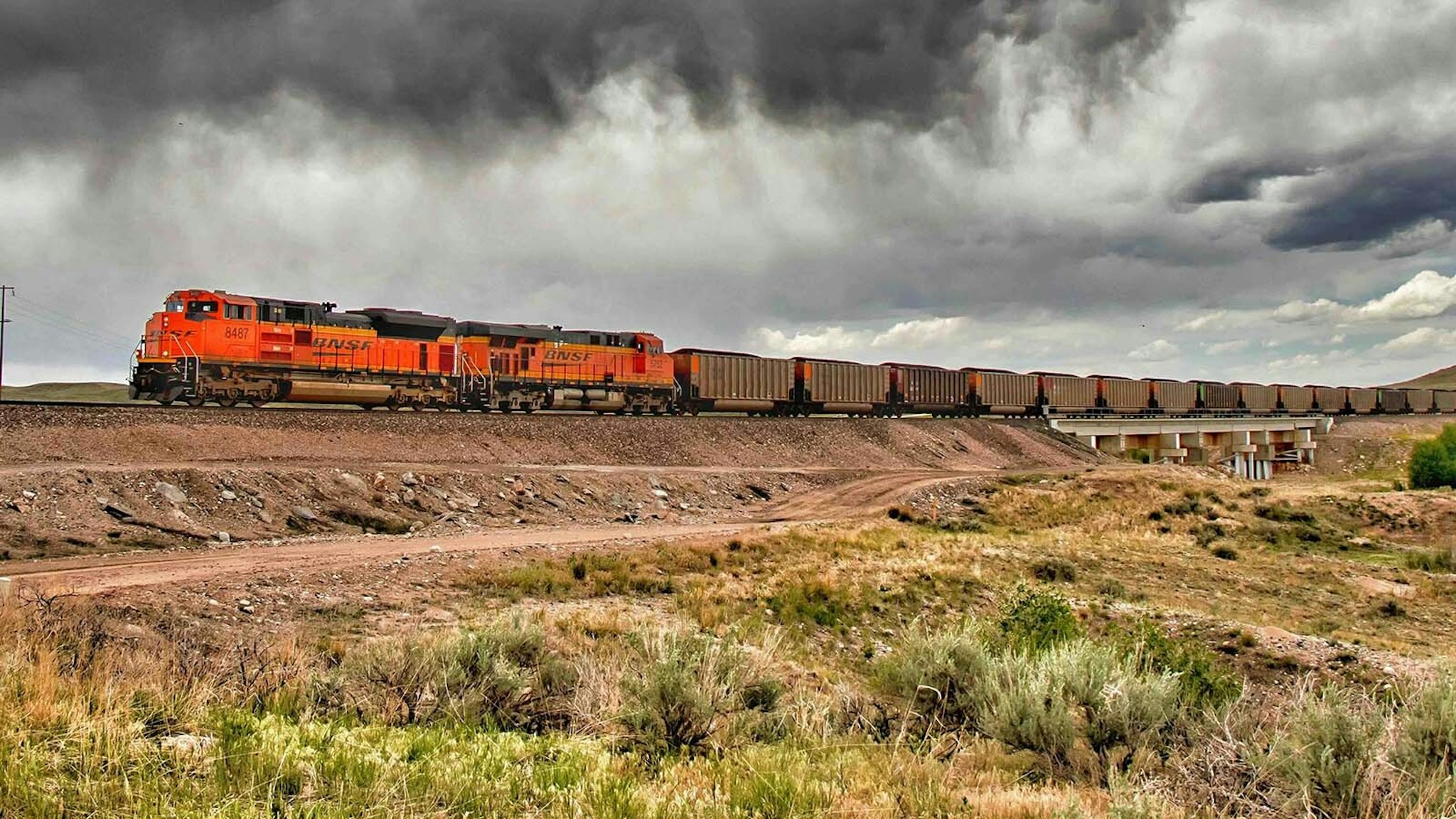
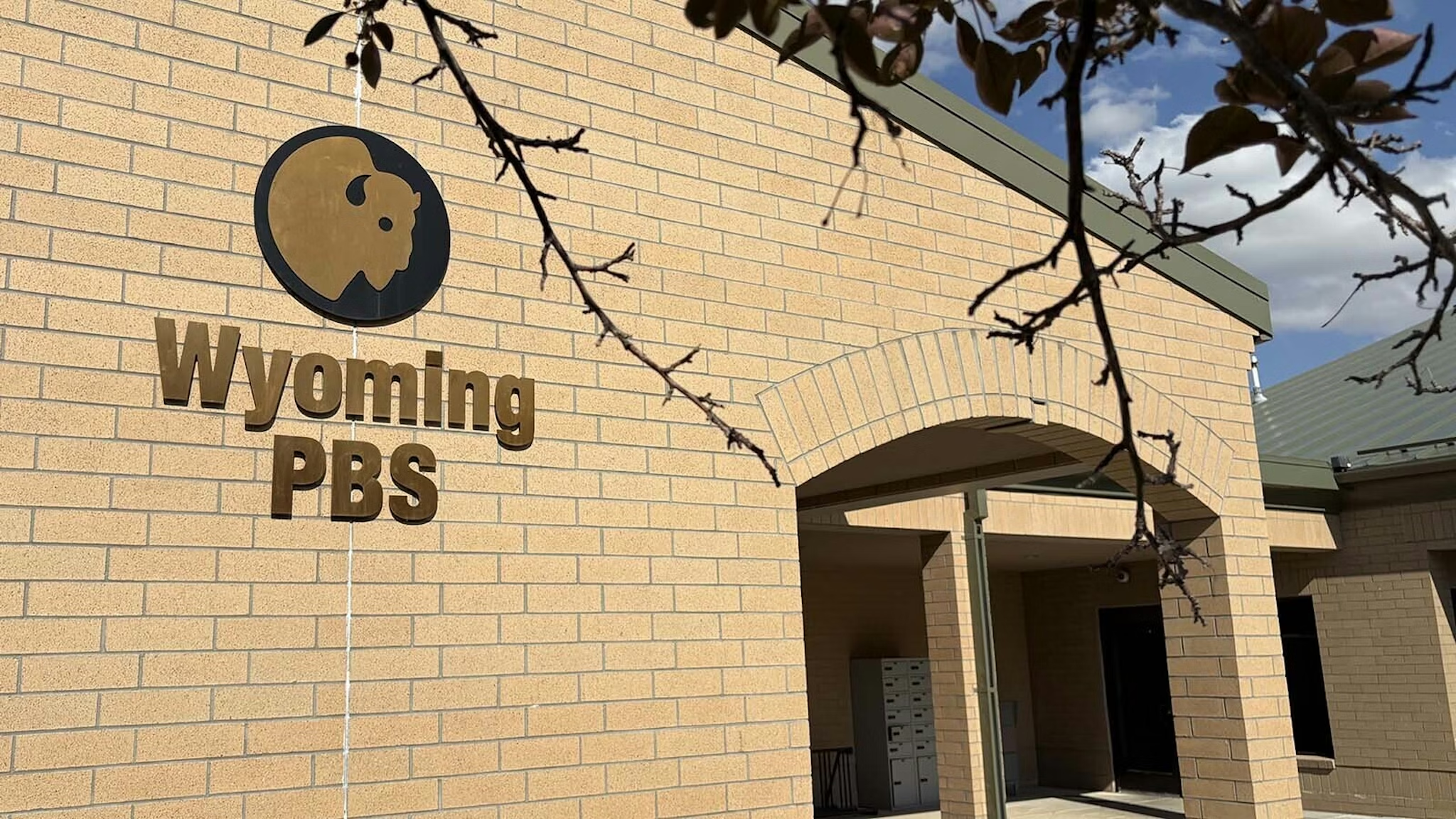

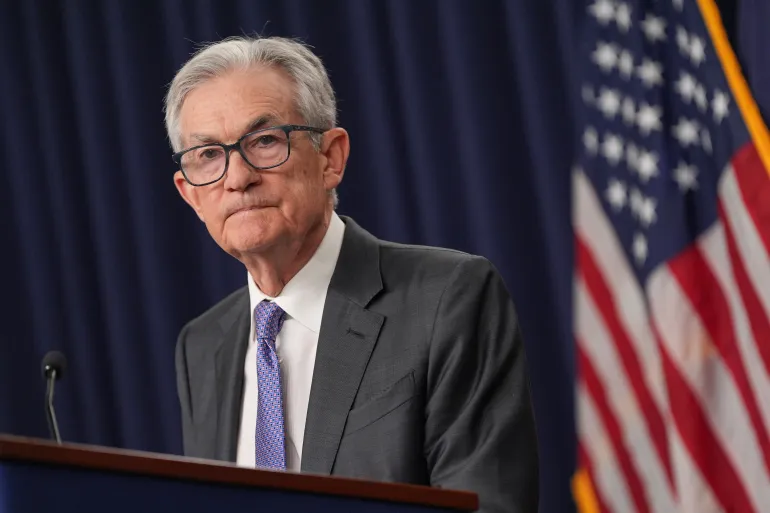
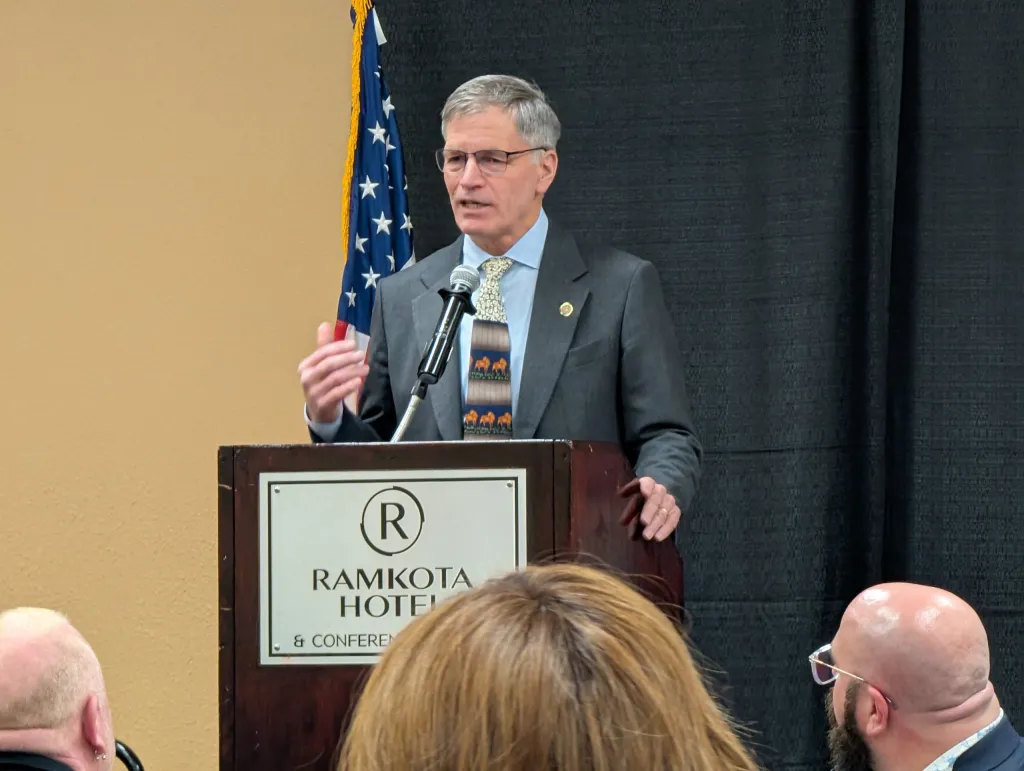




The latest news in your social feeds
Subscribe to our social media platforms to stay tuned